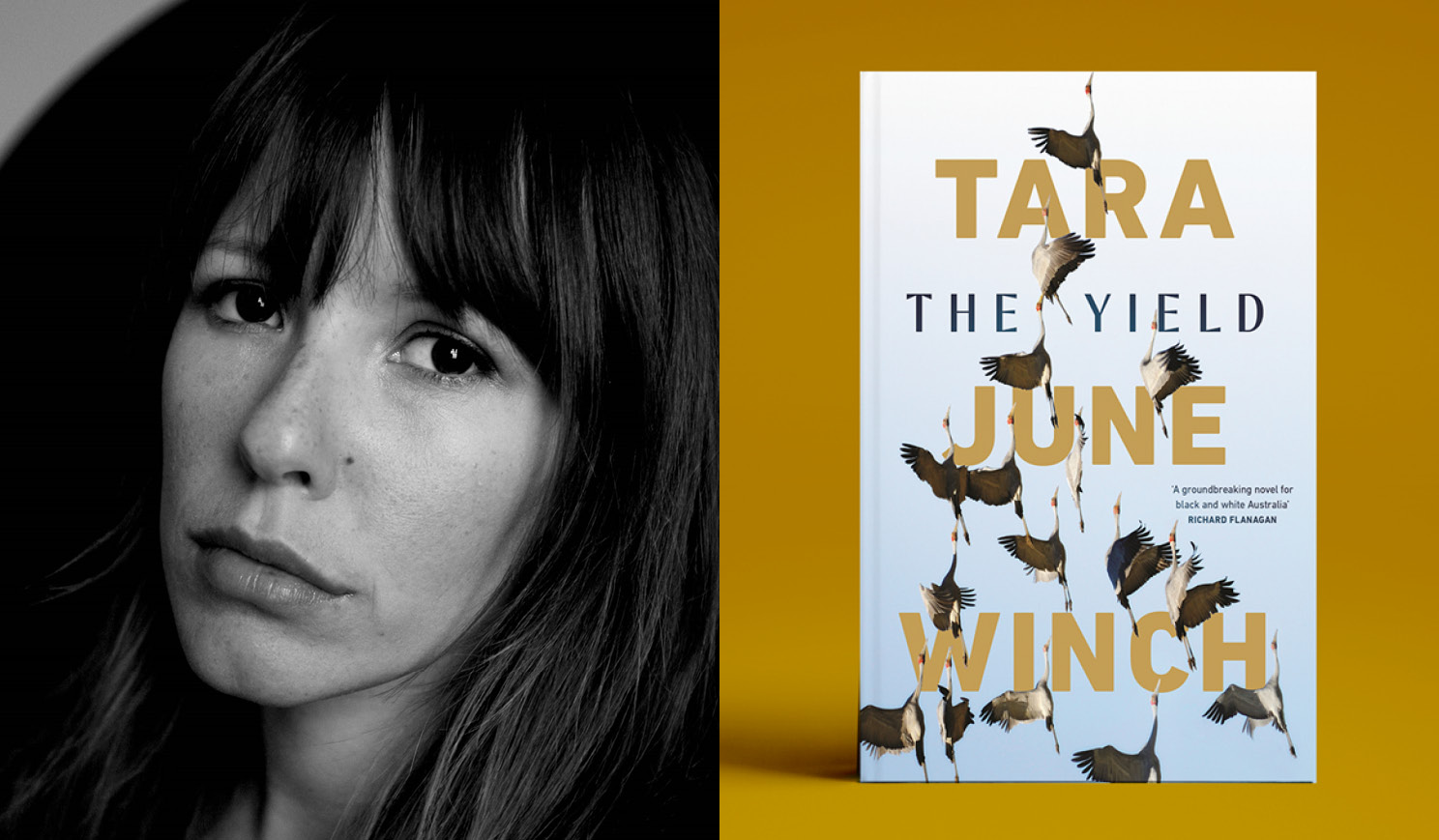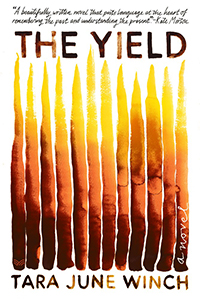

And his widow, August’s nana Elsie, tells August: This is such an effective device, bringing the reader as it does into his world view, touching on his own life experiences but also the history of white settlement of his country and the interactions between settlers and Wiradjuri. While we never meet Poppy (Albert Gondiwindi) we are introduced to him through his book, a carefully compiled dictionary of lost words and phrases from the Wiradjuri language. This theme of memory is woven throughout the novel in several ways. …he was telling her that there was a lot to remembering the past, to having stories, to knowing your history, your childhood, but there is something to forgetting it too… There are few worse things than memory, yet fewer things better, he’d said. Early in the book, she dreams about her grandfather speaking to her: August is dealing with her own childhood memories but also the hints of far bigger events that took place in and around her childhood home. In doing so, she places them firmly within the context of inter-generational trauma, the fracturing of families, communities and culture that began with the colonisation of this country by the English just over two hundred years ago.

The author does not flinch from dealing with the troubling issues and problems that beset many indigenous communities around Australia.

The reader quickly realises that August is something of a restless soul running away from – or searching for – several things, including the sorrow and guilt she experienced after the mysterious disappearance of her older sister Jedda, years ago. August returns home when her beloved grandfather (‘Poppy’) dies, after she’d been living in England for some years. The Yield (shortlisted for the 2020 Stella Prize) introduces us to August, a young Wiradjuri woman from a fictional valley in NSW.


 0 kommentar(er)
0 kommentar(er)
